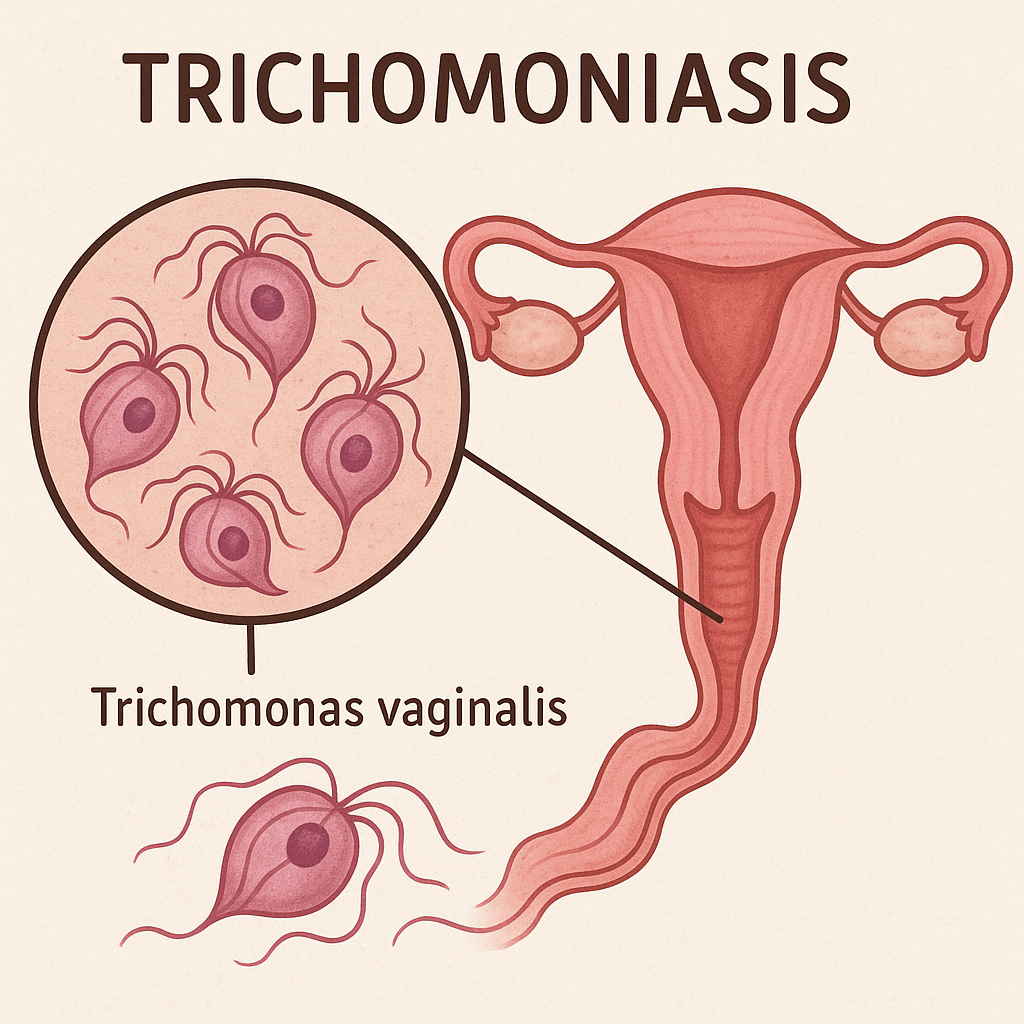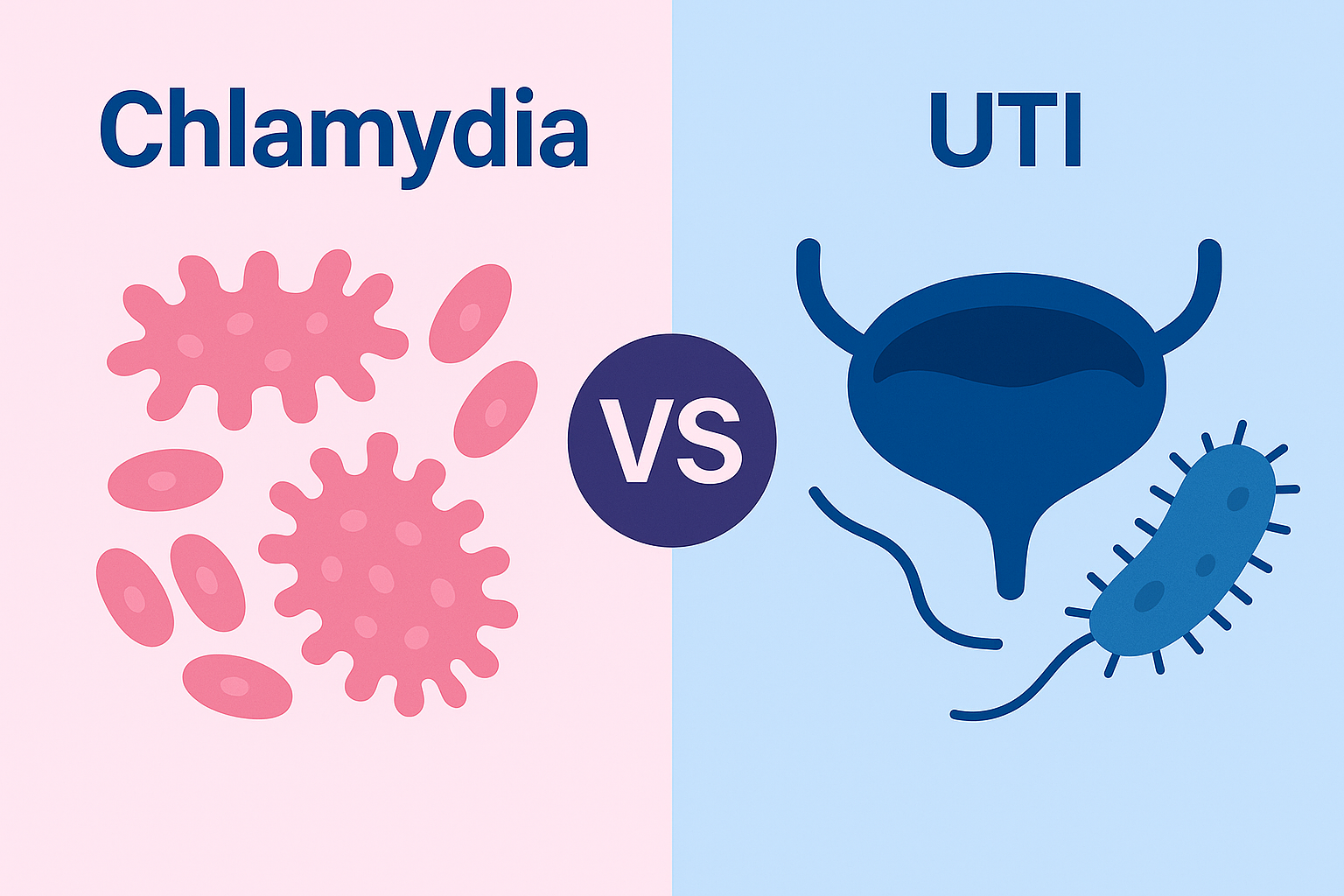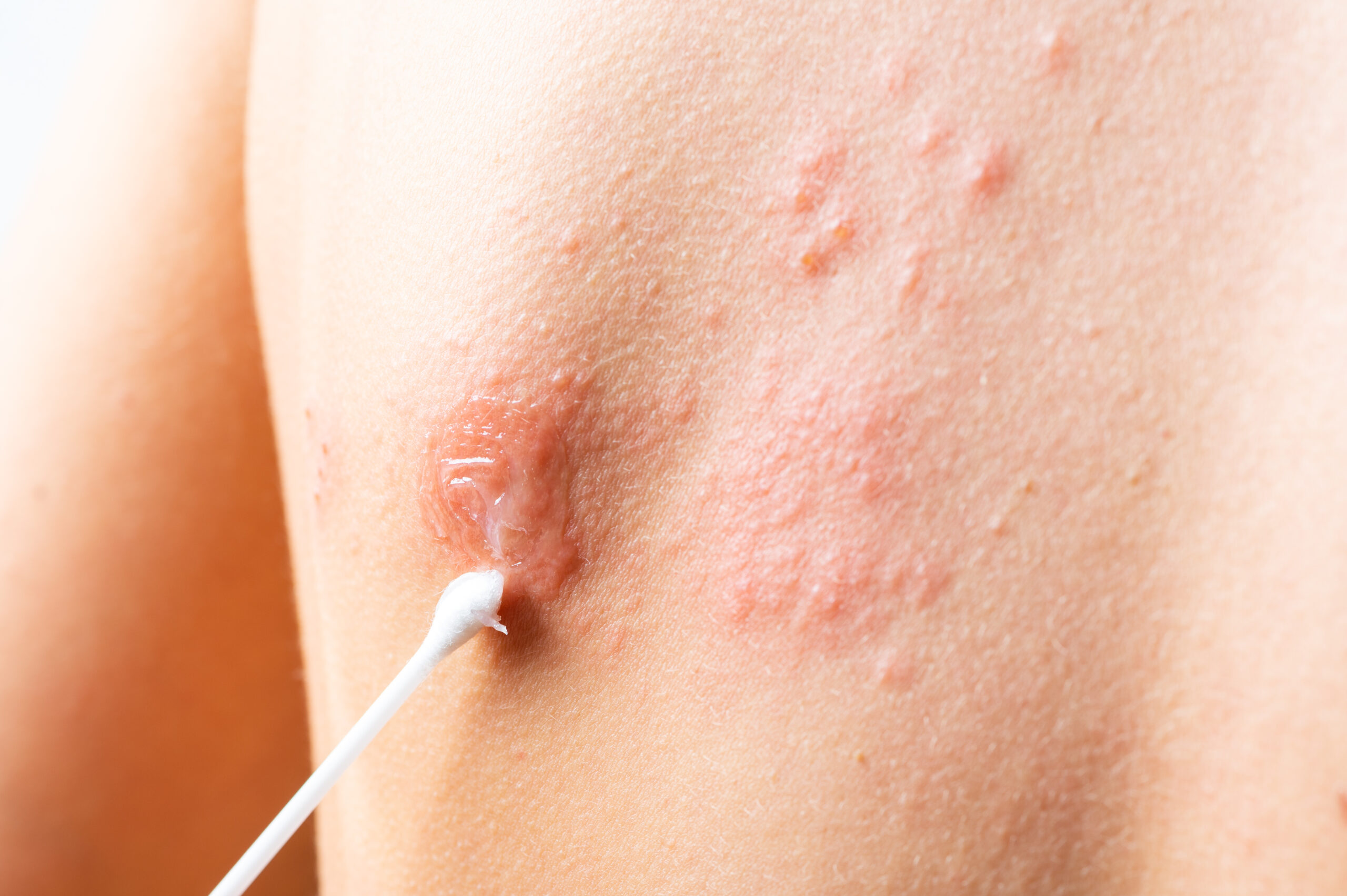
Razor Burn vs Herpes: Is It One or the Other?
Every individual who has ever grabbed a razor knows the potential for irritation and discomfort that follows. Razor burn, a common skin condition, can bring about redness and inflammation that often mimics more serious issues. Understanding the difference between razor burn and herpes is crucial for appropriate treatment and care. A genital herpes outbreak is
June 16, 2025
Read more









